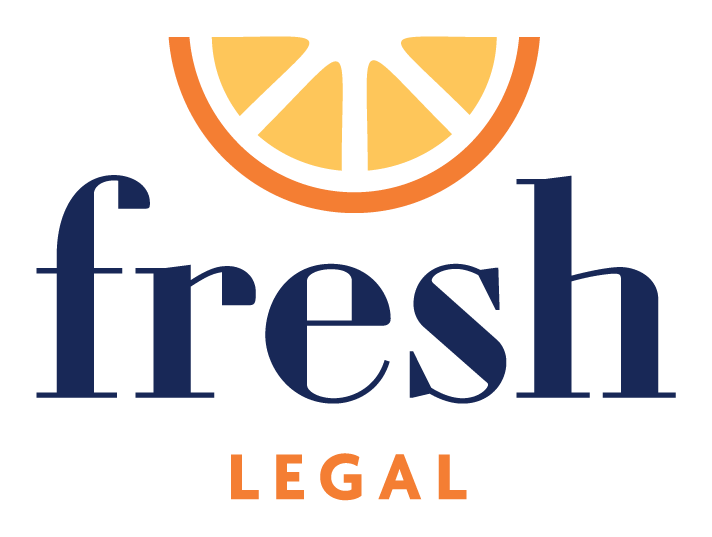Child Support: Undue Hardship
How can I pay less child support?
The Child Support Guidelines establish what is considered to be a fair amount of support to ensure that children continue to benefit from the financial resources of both parents following separation.
Sometimes there are circumstances where that Guideline amount is inappropriate because it would cause what is called “undue hardship.” In such cases, the law allows a party to ask a judge to exercise her discretion and adjust the Guideline amount to relieve the undue hardship.
What causes undue hardship?
Undue hardship is a very high bar to pass; inconvenience does not constitute hardship. The hardship must be severe, exceptional, and disproportionate in the factual context of any particular case. The following are some circumstances which may cause undue hardship:
High Debts
If you took on an unusually high debt load that is associated with the marriage (i.e. debt undertaken for the benefit of your family), you may be able to claim undue hardship. The debt cannot be the result of your living beyond your means; it must have been incurred to earn a living or otherwise support your children and/or spouse. In order to evidence this circumstance, you will need to demonstrate that (a) the debt was reasonable, (b) you are still paying it off, and (c) it is unusually high considering the circumstances.
High Access Costs
Where a parent has costs directly associated with access to her children, they may be classified as usual or unusual. Unusual cost can ground a claim for undue hardship in some circumstances, if they are not foreseeable. If a parent, however, makes a decision that foreseeably would increase the cost of access (e.g. moving far away by choice), such unusually high costs cannot form the basis of an undue hardship claim.
Supporting Other People
There are certain circumstances where supporting other people can lead to undue hardship. For example:
If you have a legal duty to support another person by way of written agreement or court order. The dependent person must be under the age of majority or unable to obtain the necessities of life on their own.
If you have a legal duty to support a child other than a child of the marriage. These duties are often associated with second or subsequent families.
If you have a legal duty to support any person who is disabled or ill. You will need to provide evidence about the extent, nature, and permanency of the needed contribution.
Household Standard of Living
It is important to keep in mind that if the person making the claim will have a higher standard of living than the other party after support is paid, the court is required to reject the undue hardship claim. There is a standards of living test set out in the Guidelines which the courts may use to determine whether a claim should be rejected.
Learn more about child support in these posts:
Varying Child Support
Child Support and Parenting Schedules
Sharing Summer Activity Expenses
What Are Your Financial Obligations After Separation
Back to School? Review Your Child Support Now

